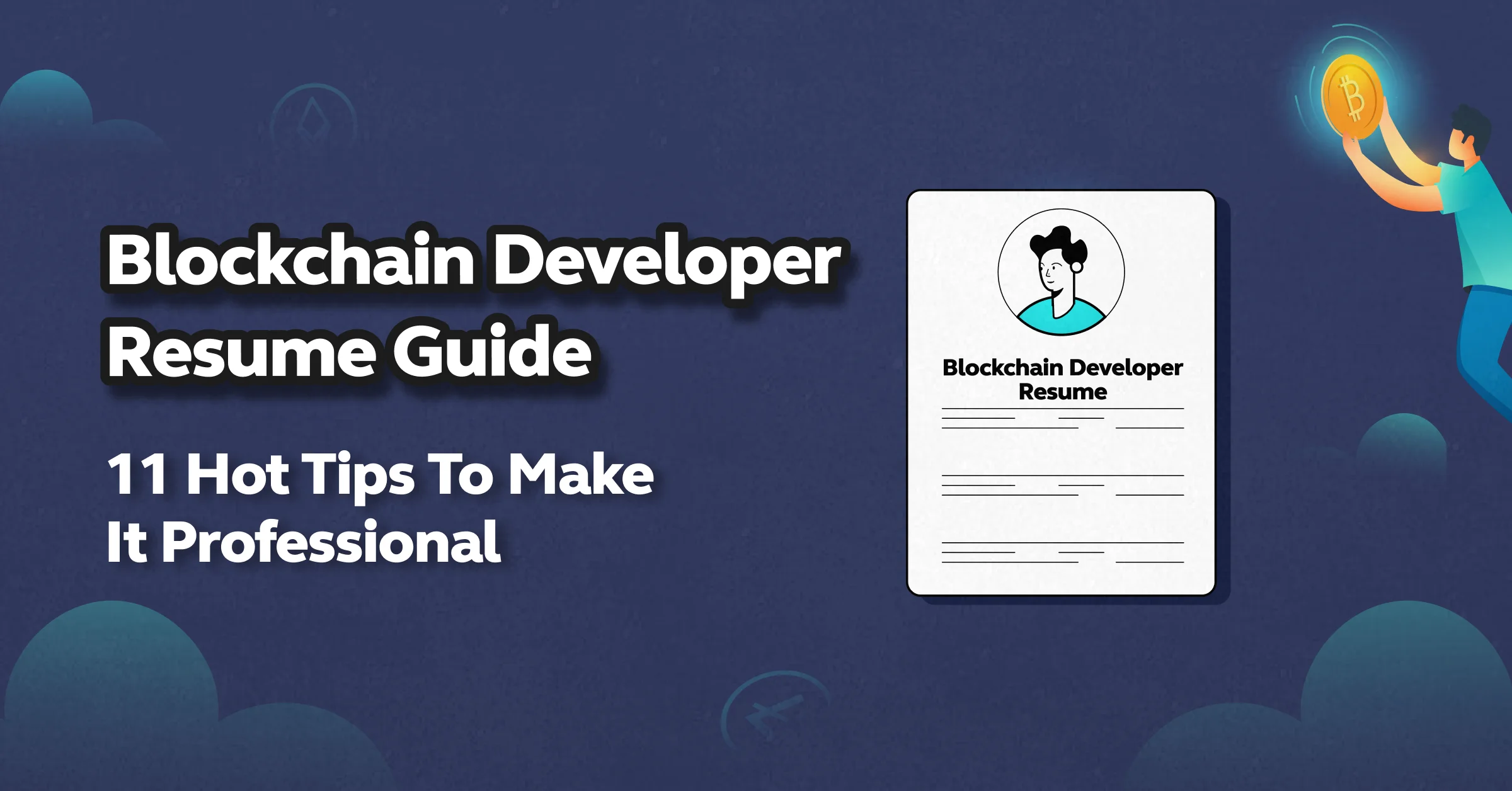
Blockchain Developer Resume Guide: 11 Hot Tips to Make It Professional
Mar 24, 2024 3 Min Read 799 Views
(Last Updated)
What if I say that blockchain is going to be the next big thing? And why do I say so? Because of its decentralized and secure approach to data management. It is high time for you to catch up with others as the competition is growing day by day. In order to do that, all you need to have is a compelling blockchain developer resume.
As a resume is at the forefront of your skills, it can help the recruiters gauge your capabilities and serve as an opening gate to your dream job. This is why it is important for you to have a professional blockchain developer resume. But what if you don’t know how to build one?
Worry not, that’s where this article comes into the picture. This article is basically a guide for you to build a compelling and professional blockchain developer resume by listing out the things that need to be there. All you have to do is, go through this article till the end, follow the instructions, and build your first full-fledged blockchain developer resume.
So, without any delay, let’s get started.
Table of contents
- Building a Compelling Blockchain Developer Resume
- Contact Information
- Summary or Objective
- Skills Section
- Education
- Professional Experience
- Blockchain Projects:
- Certifications
- Publications and Presentations
- Awards and Recognitions
- GitHub or Portfolio
- Example of a Blockchain Developer Resume
- Conclusion
- FAQ
- Should I include non-blockchain-related experience in my resume?
- Is it necessary to tailor my resume for each job application?
- Can soft skills be important in a blockchain developer resume?
- How far back should I go in detailing my work experience?
- How can I make my resume more appealing to automated applicant tracking systems (ATS)?
Building a Compelling Blockchain Developer Resume
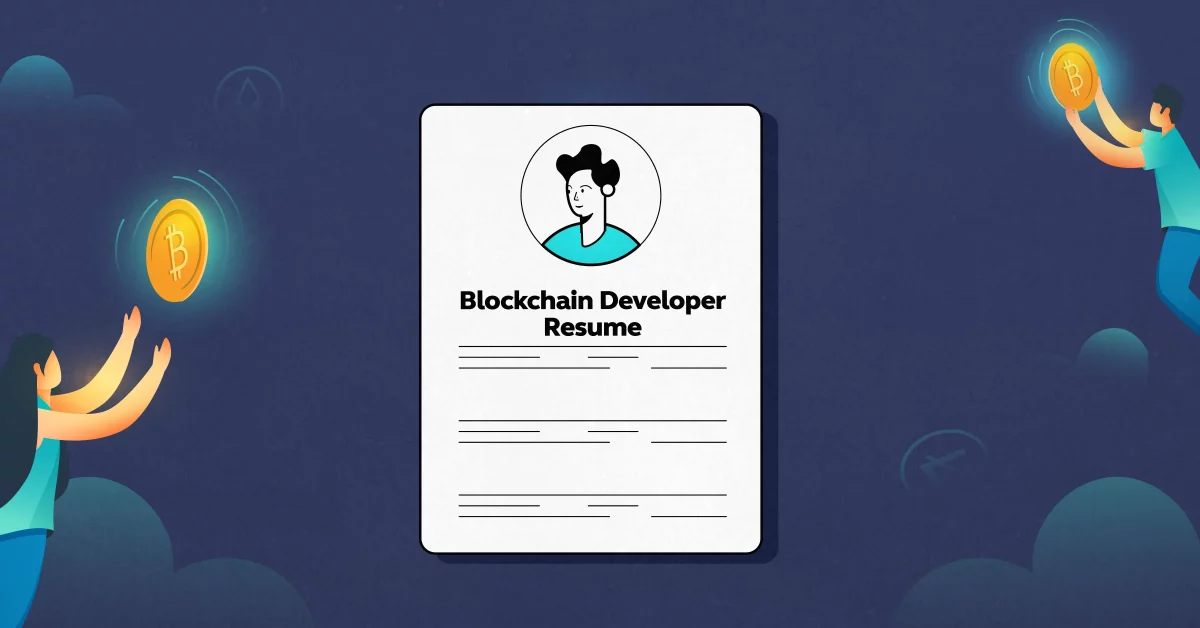
Building a blockchain developer resume requires a strategic approach that enables you to showcase your skills, experiences, and expertise in this evolving field.
Below is a detailed guide on what to include in a blockchain developer resume:
1. Contact Information
It is mandatory for you to include your full name, phone number, email address, and LinkedIn profile in your blockchain developer resume. Make sure that your contact information is up-to-date and in a professional format as the only mode of contact between you and the recruiter is through your contact information.
Make sure you fully understand the foundational ideas of computer networking, data structures, and programming before moving on. Take into consideration enrolling in GUVI’s Blockchain Development Career Program if you’re looking for in-depth instruction in blockchain technology. Get practical exposure to blockchain platforms, smart contracts, decentralized applications (DApps), and cryptographic protocols through this placement-assisted career program.
Additionally, if you’re looking to strengthen your blockchain fundamentals through self-paced learning, then GUVI’s self-paced blockchain certification course is the right choice for you.
2. Summary or Objective
Write a concise summary or objective statement about yourself and make sure to highlight your experience in blockchain technology. Mention your key skills, industry knowledge, and career goals to give employers a quick overview of your profile.
3. Skills Section
Create a dedicated section to list your technical and soft skills relevant to blockchain. Include programming languages (e.g., Solidity, Python), blockchain platforms (e.g., Ethereum, Hyperledger), cryptography, smart contracts, decentralized applications (DApps), and any other skills specific to the job you’re targeting.
4. Education
Another important thing that should be there in your blockchain developer resume is details about your academic background. In that, include the degree(s) that you have earned, the name of the institution, graduation date, and any relevant coursework or projects related to blockchain technology.

5. Professional Experience
Detail your work experience in reverse chronological order. For each position, include the company name, your job title, the dates of employment, and a brief description of your responsibilities and achievements. Emphasize any projects or tasks related to blockchain development, implementation, or integration.
6. Blockchain Projects:
If you have worked on specific blockchain projects, create a separate section to showcase them. Include project names, your role, the technologies used, and outcomes or impact achieved. This provides tangible evidence of your practical experience in the blockchain space.
7. Certifications
It is important for you to enroll yourself in a certified blockchain course as professional certification are value-added point in your resume. Mention the certifications you have earned in blockchain technology in a separate section. This could include certifications for specific blockchain platforms, programming languages, or other related skills.
8. Publications and Presentations
If you have published articles, or research papers, or have given presentations related to blockchain, include them in this section. This demonstrates your commitment to staying informed and contributing to the blockchain community.
9. Awards and Recognitions
If you have received awards or recognitions for your work in the blockchain space, make sure to include them. This adds credibility to your profile and emphasizes your achievements.
10. GitHub or Portfolio
Include a link to your GitHub profile or an online portfolio showcasing your blockchain-related projects, code samples, or contributions to open-source projects. This allows employers to assess your coding skills and review your work.
By incorporating these elements into your blockchain developer resume, you can effectively present your qualifications and stand out as a strong candidate in the competitive blockchain job market. Tailor the content to align with the specific requirements of the job you’re applying for, emphasizing the aspects most relevant to the position.
Example of a Blockchain Developer Resume
Now that you have understood the things that need to be there on a professional blockchain developer resume, it is time for you to see it for yourself. Here, we have attached one such example that can help you get a clear idea on how to build a professional blockchain developer resume.
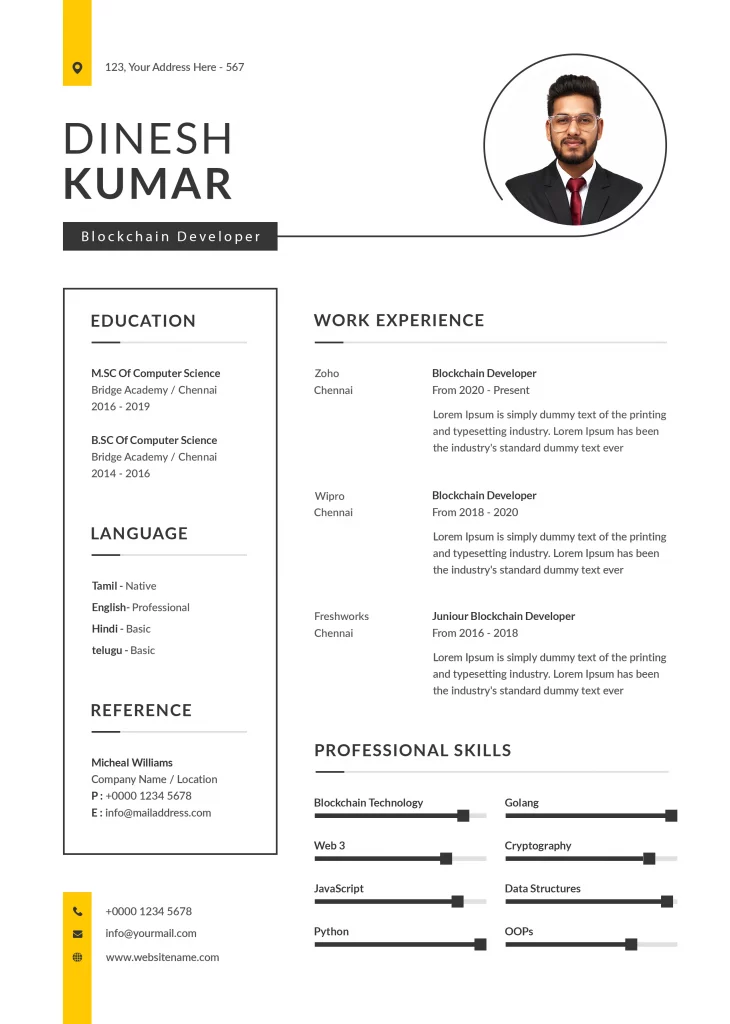
Make sure you fully understand the foundational ideas of computer networking, data structures, and programming before moving on. Take into consideration enrolling in GUVI’s Blockchain Development Career Program if you’re looking for in-depth instruction in blockchain technology. Get practical exposure to blockchain platforms, smart contracts, decentralized applications (DApps), and cryptographic protocols through this placement-assisted career program.
Additionally, if you’re looking to strengthen your blockchain fundamentals through self-paced learning, then GUVI’s self-paced blockchain certification course is the right choice for you.
Conclusion
In conclusion, a well-built blockchain developer resume serves as a powerful gateway for you to get placed in a good blockchain-based job role. By strategically highlighting technical skills, practical experiences, and a commitment to learning blockchain advancements, you can portray yourself as an invaluable asset to any company.
In a field characterized by continuous evolution, a blockchain developer’s resume is not just a static reflection of the past; it is a dynamic testament to one’s readiness to contribute to the ongoing transformation of the digital world.
Also Explore: Best Books to Learn Blockchain
FAQ
Should I include non-blockchain-related experience in my resume?
While non-blockchain experience can be relevant, prioritize highlighting experiences that directly relate to blockchain development. Tailor your resume to showcase how skills from other roles can be applied to blockchain.
Is it necessary to tailor my resume for each job application?
Yes, tailor your resume for each application by emphasizing skills and experiences that align with the specific job requirements. This increases the chances of your resume standing out to recruiters.
Can soft skills be important in a blockchain developer resume?
Yes, soft skills like teamwork, communication, and problem-solving are valuable. Showcase instances where these skills have positively impacted your contributions to blockchain projects or collaborations.
How far back should I go in detailing my work experience?
Focus on the most recent 7-10 years of relevant work experience. Prioritize experiences that showcase your growth as a blockchain developer and align with the job requirements.





















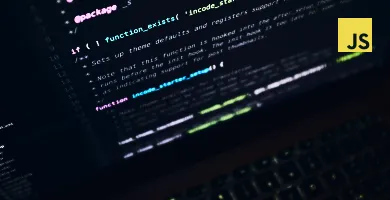




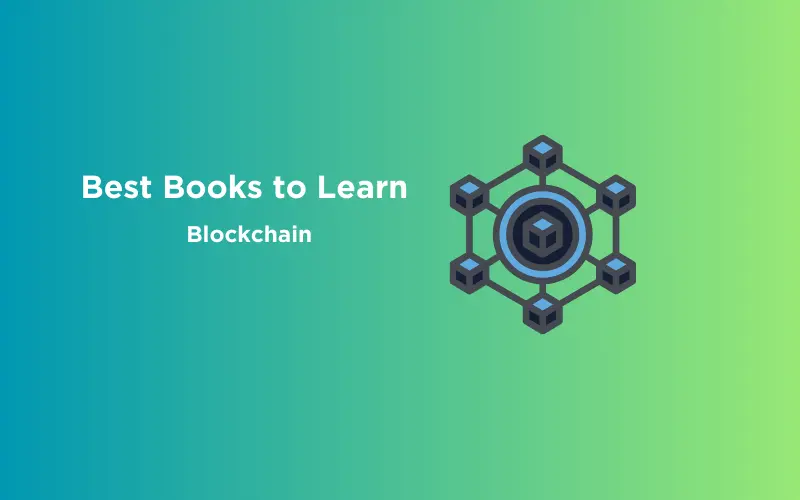
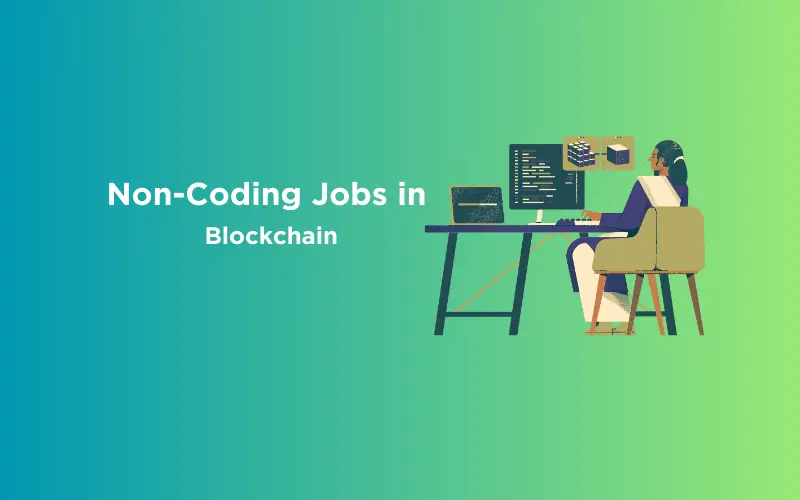

Did you enjoy this article?